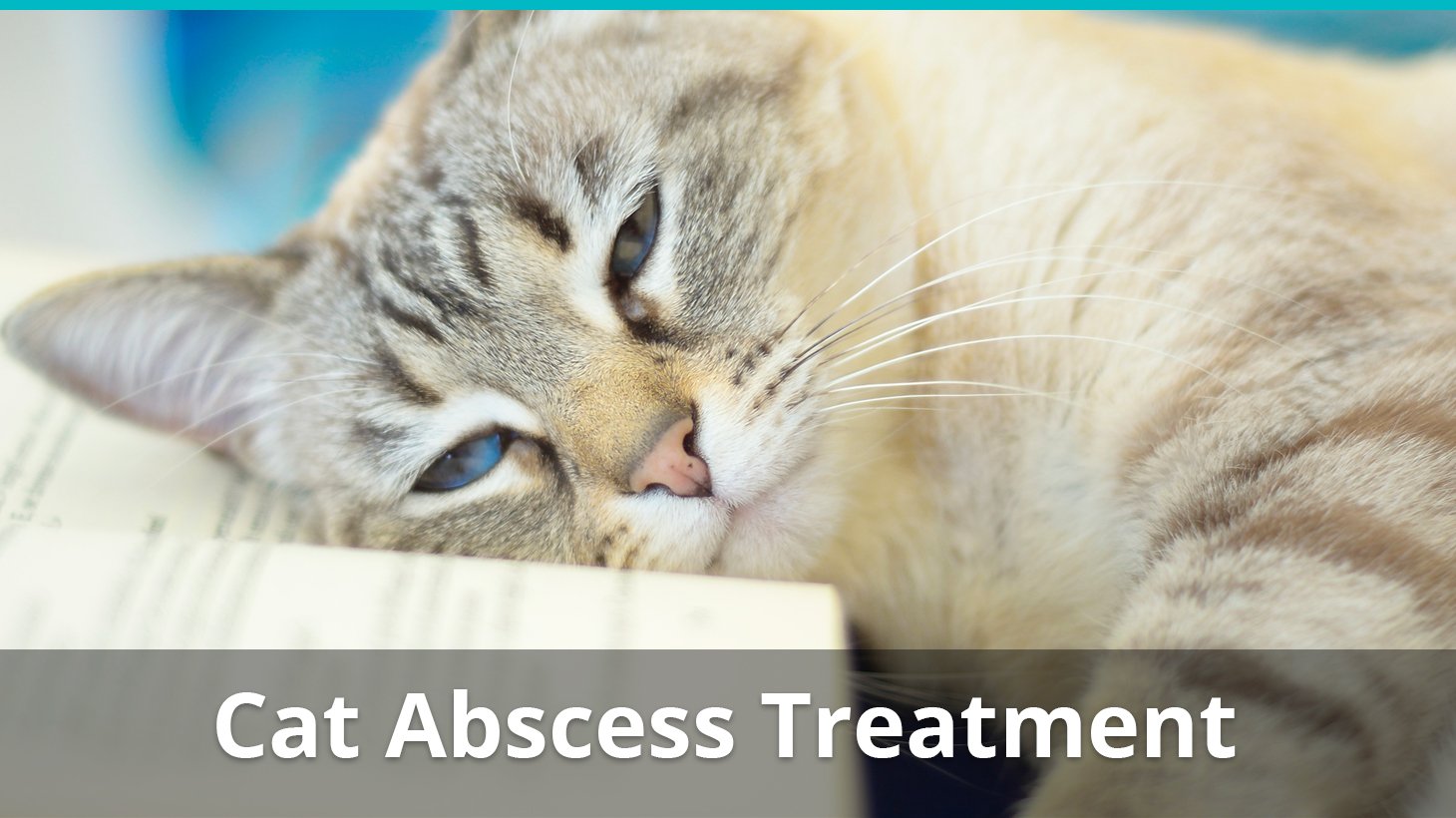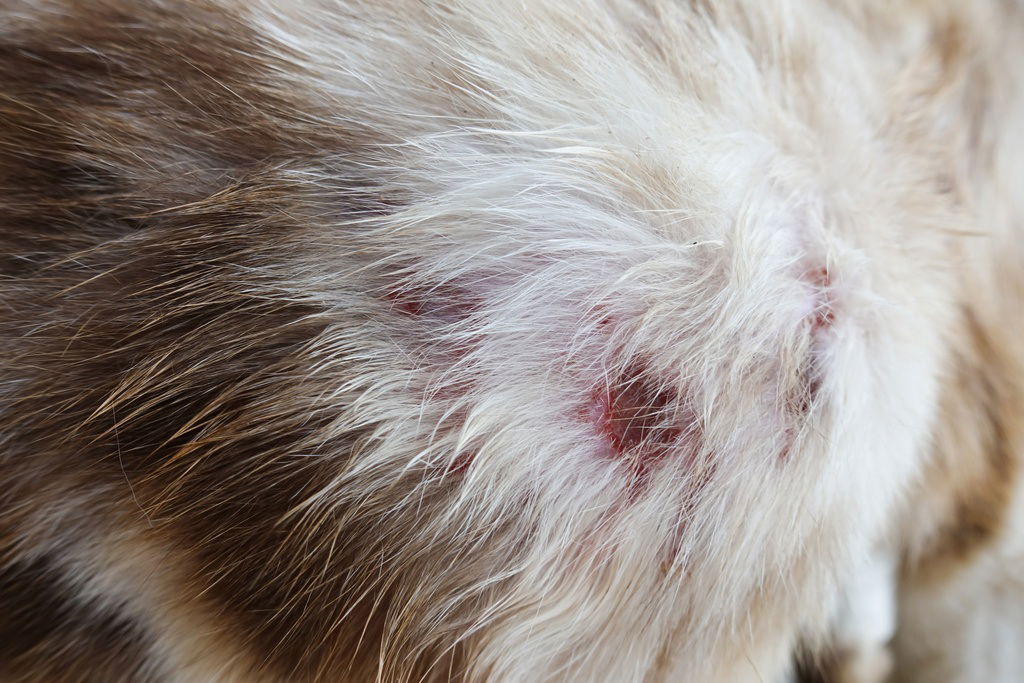Most cats are vulnerable and relatively frail, just like human babies, and prone to developing a variety of diseases. While some of these diseases depend on the breed, abscesses can occur in cats of all breeds and ages.
What Is A Cat Abscess?
An abscess is a type of skin condition which results after bacteria have entered the skin tissue through a wound or other type of skin irritation. This causes a collection of pus to build up inside.
Abscesses occur after scratches, bites, or fights.
By default, indoor cats are far less likely to develop abscesses than feral or outdoor cats. Unfortunately, keeping your kitten safely indoors doesn’t necessarily mean that it’s bulletproof.
If your feline furball is vomiting, acting disoriented, lethargic, and is experiencing a sudden loss of appetite, it could mean that it’s suffering from an abscess. Of course, these symptoms don’t always indicate abscess danger, so don’t panic.
However, if your kitty is indeed suffering from an abscess, you’ll need to act upon the issue immediately.
Don’t overreact if you happen to spot the swollen pus built-up at nighttime or during the weekend when you can’t get in touch with your vet. There are ways to deal with the problem at home.
How To Deal With And Treat A Cat Abscesses
For starters, acknowledge the fact that your pet is injured. Try to remember that this is only natural before you start stressing over the problem.
You will likely want to go to the vet, but if you are unable to, or it is not open when you discover the wound, here are some tips.
Check The Wound’s Severity
This step is crucial. You need to determine if the wound is superficial or deep.
If it’s on the kitty’s side, paw, or leg, your cat will be avoiding brushing the infected spot on any type of surface. This also means that he will try to fight you off if you try touching anywhere near the infected area.
Be Patient And Gear Up
Your kitty may be in pain, but that doesn’t mean that he will allow you to help. Be patient and gentle with your furball. You might need to wrap your cat in a towel to prevent him from scratching or running away.
Use rubber gloves if you have paper cuts or wounds on your hands. Otherwise, you might also get infected.
Apply A Warm Compress
Apply a warm, but not hot, compress on the wound. The dampness will soften the kitty’s fur and will allow you to check the infected spot easier.
If it’s necessary, use a pair of small scissors to trim the hair around the wound, but remember that you need to be extremely gentle.
Apply Hydrogen Peroxide
This step is optional. You can apply several drops of hydrogen peroxide on the wound to disinfect it, but it will sting your cat and the pain might make him rather aggressive.
Prepare Yourself
Try to remain calm and don’t panic. There’s a huge possibility that your vet will prescribe antibiotic treatment and that you’ll need to carefully watch over your kitty afterward.
In some cases, if the infection is affecting a large spot, or if the wound is too deep, your cat might need to undergo a surgery.
How To Keep Your Cat Safe
While the above-mentioned tips are intended to help you figure out how to cope with abscess treatment and what to expect, there are various ways in which you can prevent your cat from getting sick or injured.
Use only high-quality cat food for each meal and switch from dry to wet canned food. This will help provide all the necessary meat and vegetable-based ingredients that are essential for your kitty’s health.
Vitamins and supplements are also important, but you should never use them as a substitute for cat food.
Another way to try and prevent your feline furball from suffering from abscesses and similar infections is to keep him strictly indoors.
If you’re one of those pet parents who take their cats for walks on a leash, make sure your kitty isn’t licking anything off the ground.
Also, keep him away from stray dogs, feral cats, and other predators. Don’t ever allow him to wriggle out of the harness or get loose.
Lastly, regular vet check-ups are an absolute must. Your cat’s mental and physical well-being should always come as your priority, so don’t ever miss a scheduled vet appointment and always keep tabs on your kitty’s health.


